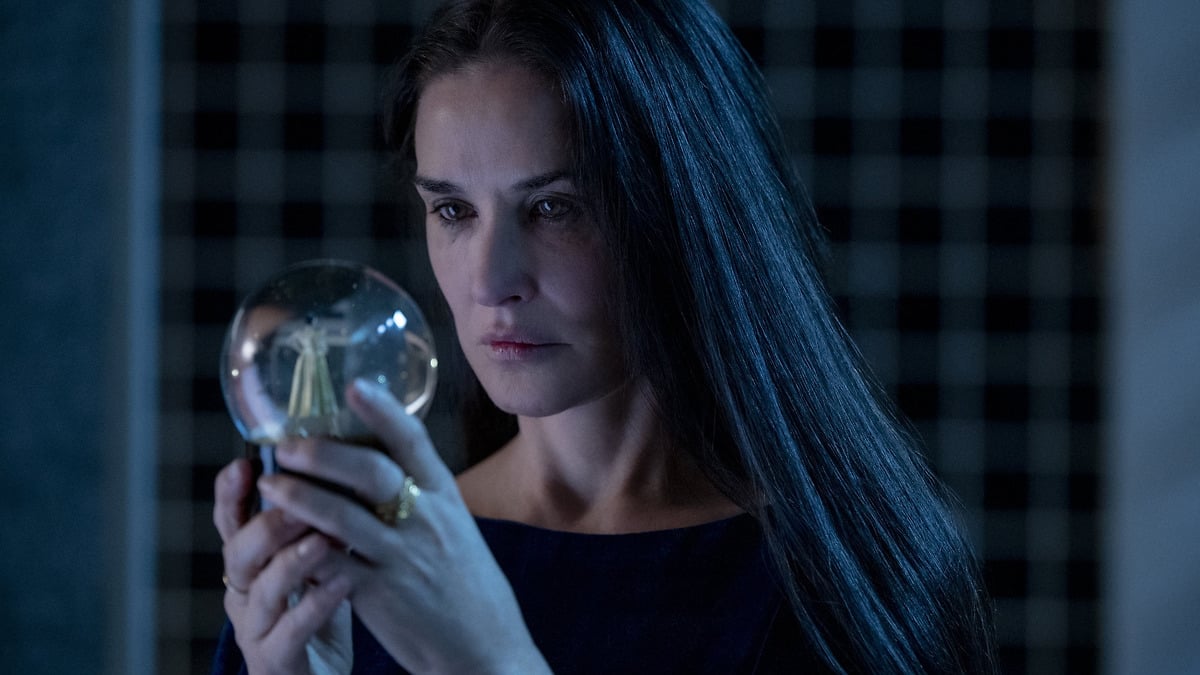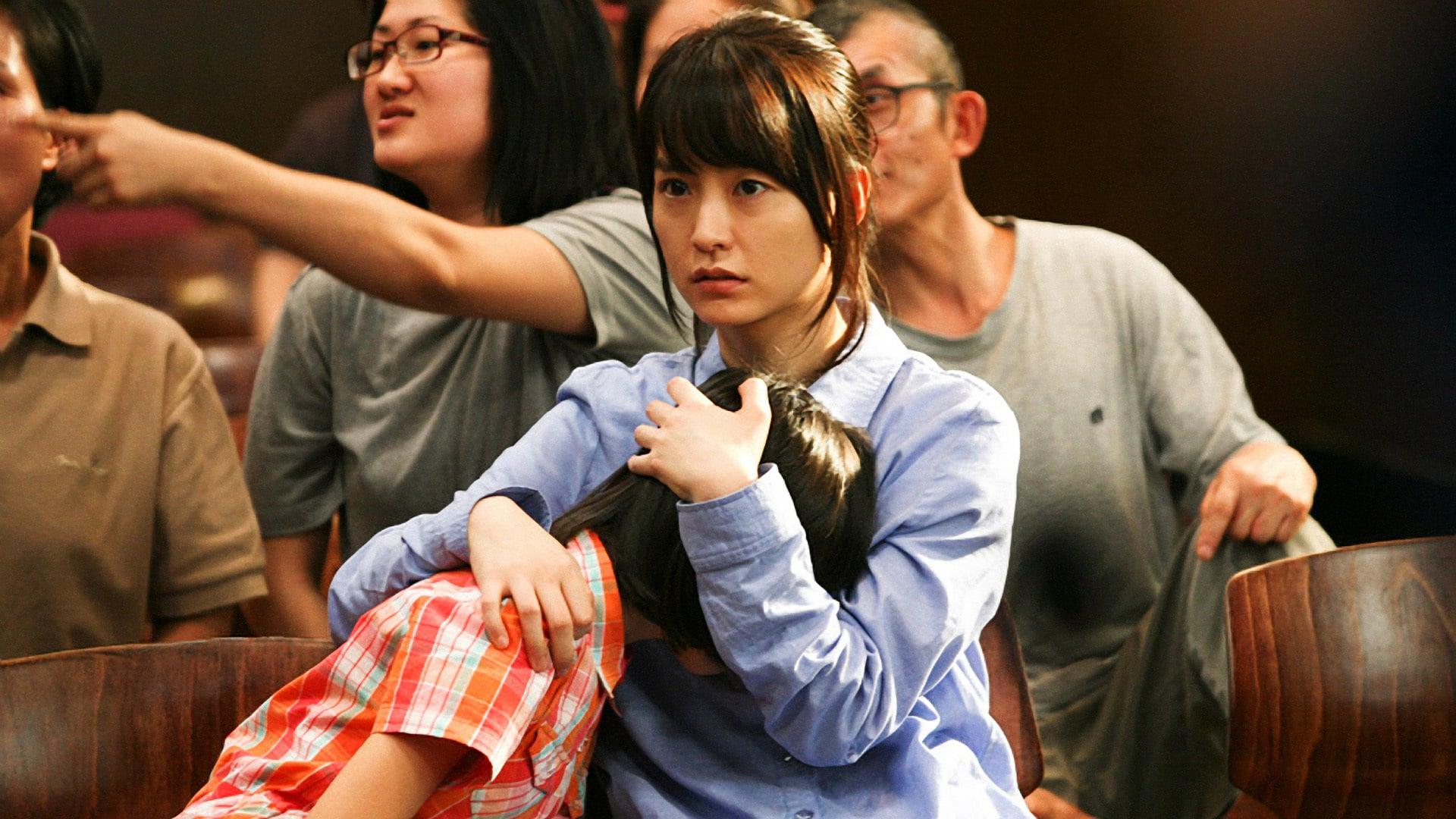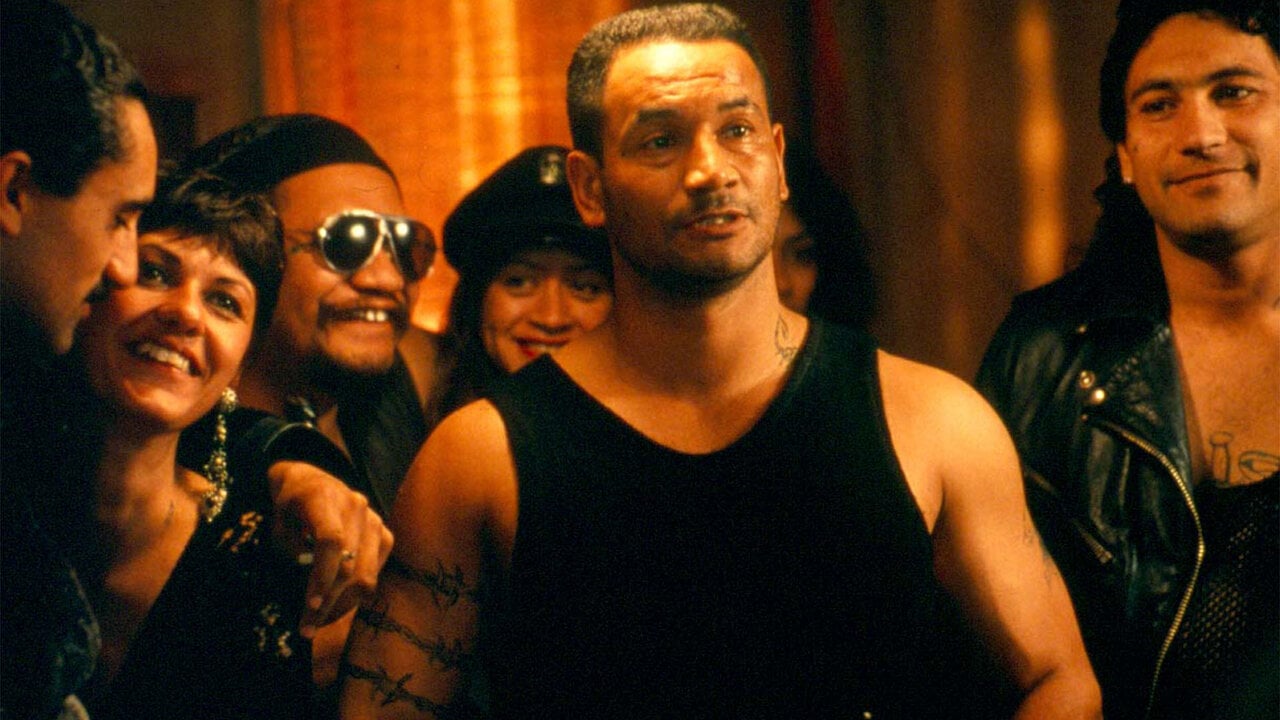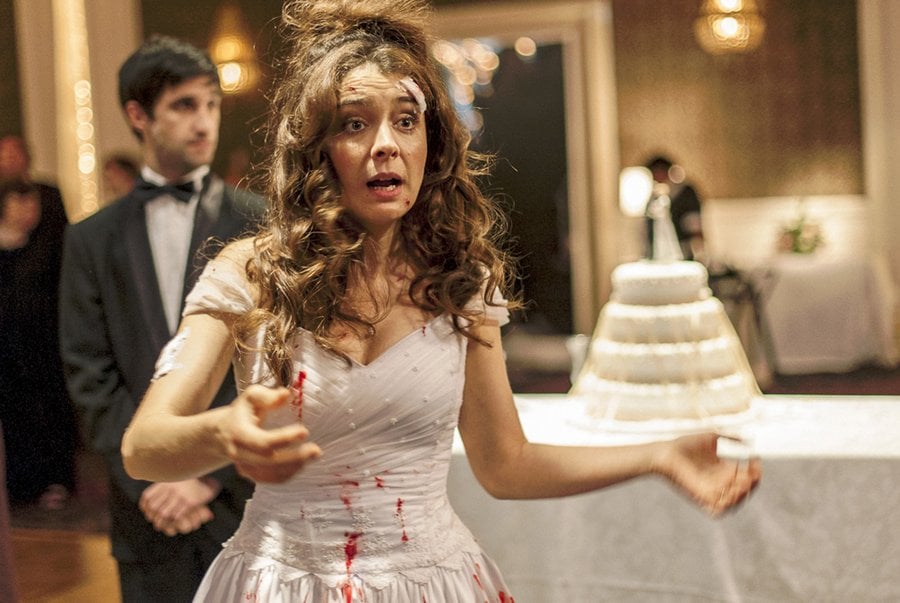The Mill (2023)

6.5
Movie
TLDR
We must imagine Sisyphus happy, but why a corporate guy?!
What it's about
The take
Producer-turned director Sean King O'Grady has some fresh ideas about what can shake up the dystopia genre, but The Mill needs more than a corporate critique to lift it off the ground. Even with Lil Rel Howery's apt acting skills (you'll probably remember him from Get Out), the film falls flat in its second half, losing the momentum built up by the original idea of the gristmill as an exteriorization of the corporate grind and its meaningless nature. The issue is that, aside from this smart use of symbolism, The Mill plays it rather safe by relating dystopia to capitalism. It's almost like O'Grady hasn't the slightest clue that capitalism and dystopia have been one and the same thing for decades now; if only he would have taken the equation to much, much darker places...
What stands out
The gristmill—a centerpiece to the minimal set design—looks so archaic and absurd, that its presence makes complete sense. In order to emphasize how ridiculous the corporate grind is, The Mill uses irony to instil horror in the workers who have apparently failed the company by wanting to quit. It's ironic insofar as engineers and managers do this heavy manual work to daily quotas fearing penalties, the structure is exactly the same as their original jobs. In this vein, turning a gristmill into a symbol of Sisyphean labor is an anachronistic, but certainly bold artistic decision: it's so unbecoming that it works.
Comments
Your comment
UP NEXT
UP NEXT
UP NEXT
Curated by humans, not algorithms.

© 2025 agoodmovietowatch, all rights reserved.














